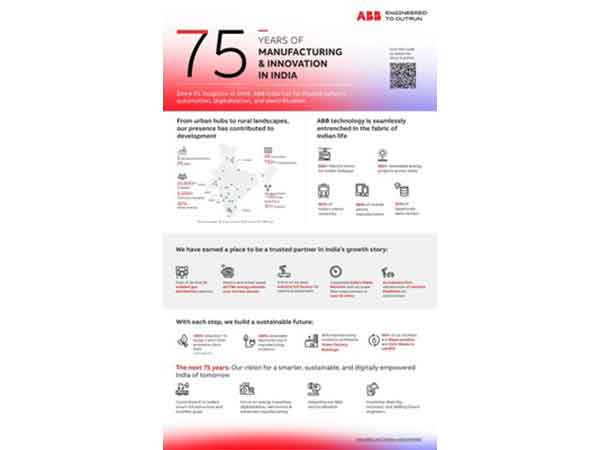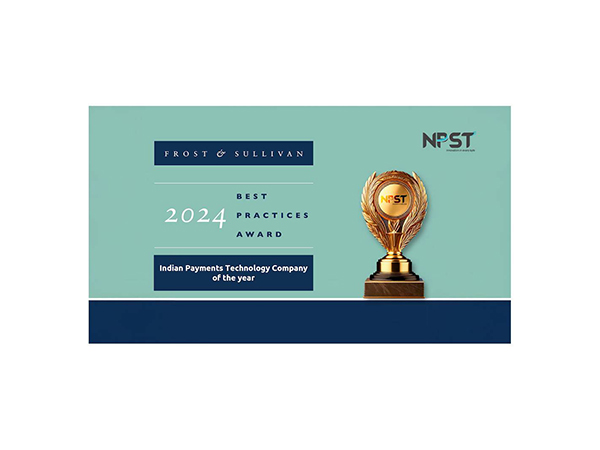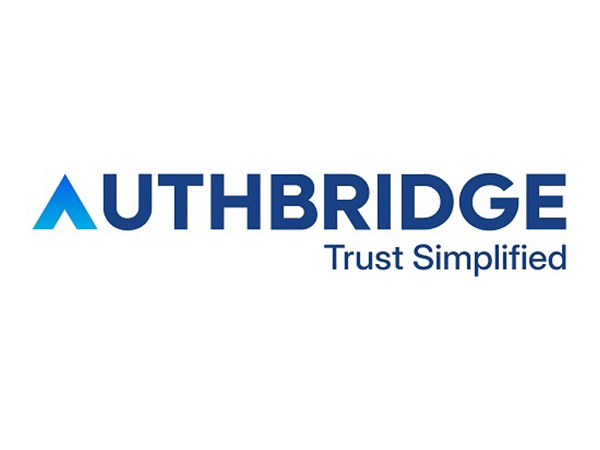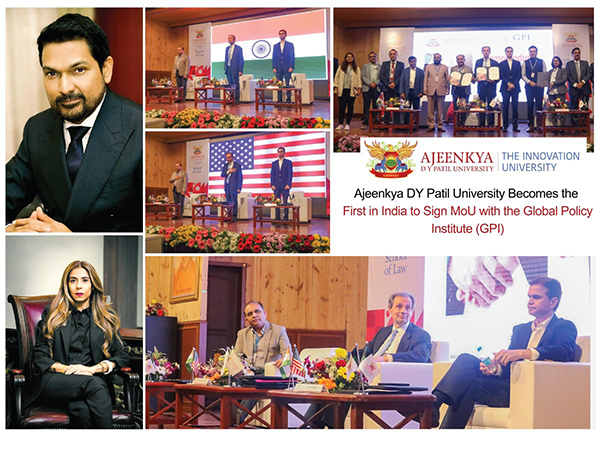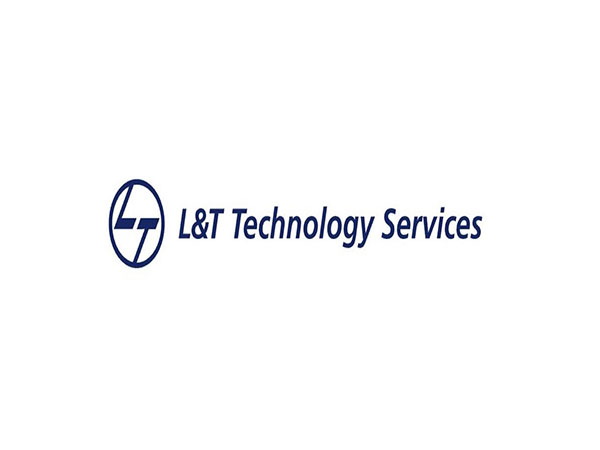Top Challenges in International Payment Processing and How to Overcome Them
Sep 02, 2024

ATK
New Delhi [India], September 2: As businesses expand globally, the ability to handle cross-border transactions efficiently becomes critical. However, international payment processing is fraught with challenges that can affect both operational efficiency and customer satisfaction. From currency conversion and regulatory compliance to fraud prevention, businesses face several obstacles that must be addressed to ensure smooth and secure transactions. In this article, we discuss the most common challenges in international payment processing and provide strategies to overcome them.
1. Currency Conversion and Exchange Rate Fluctuations
One of the biggest challenges in international payment processing is currency conversion. With customers and clients spread across different countries, businesses need to accept payments in multiple currencies. However, currency conversion can be complex due to fluctuating exchange rates, which can affect the total amount received or paid by the business.
How to Overcome Currency Conversion Challenges
* Use Multi-Currency Payment Gateways: A multi-currency payment gateway allows businesses to accept payments in various currencies and display prices in the customer's preferred currency. This enhances the customer experience and eliminates confusion over exchange rates.
* Dynamic Currency Conversion (DCC): Implementing DCC at checkout gives customers the option to pay in their home currency, providing transparency and reducing potential disputes over currency conversion rates.
* Partner with Reliable Forex Providers: Collaborate with trusted foreign exchange service providers to lock in favorable exchange rates, reducing exposure to currency volatility and ensuring predictable transaction costs.
2. Regulatory Compliance and Cross-Border Restrictions
Navigating the complex landscape of regulatory compliance is another significant challenge in international payment processing. Different countries have varying rules and regulations, including Anti-Money Laundering (AML), Know Your Customer (KYC) requirements, and data protection laws like the General Data Protection Regulation (GDPR).
How to Overcome Regulatory Compliance Challenges
- Stay Informed About Global Regulations: Regularly monitor and update your knowledge of international payment regulations to ensure compliance. Subscribe to regulatory news feeds and updates from global financial bodies.
- Leverage Compliance Tools and Solutions: Use compliance tools and platforms that automate AML, KYC, and data protection processes. These tools help verify customer identities, screen transactions for suspicious activities, and ensure adherence to local laws.
- Work with a Compliance-Focused Payment Processor: Choose a payment processor that understands international regulations and offers built-in compliance features. Providers like Payomatix ensure that all transactions meet the necessary regulatory standards, minimizing the risk of penalties.
3. Fraud Prevention and Security Threats
Fraud prevention is a critical concern for businesses handling international payments. Cross-border transactions are particularly vulnerable to fraud due to the complexities involved, including multiple intermediaries and varying security standards. Common types of fraud in international payments include identity theft, phishing attacks, and card-not-present (CNP) fraud.
How to Overcome Fraud Prevention Challenges
* Implement Multi-Layered Security Measures: Use a combination of security protocols like encryption, tokenization, and Secure Sockets Layer (SSL) to protect sensitive payment data. Multi-factor authentication (MFA) and two-factor authentication (2FA) can add additional layers of security.
* Leverage AI-Driven Fraud Detection: Artificial Intelligence (AI) and machine learning algorithms can detect suspicious patterns and behaviors in real-time, helping prevent fraudulent transactions before they occur. Payomatix uses AI-based tools to monitor transactions 24/7, providing an extra layer of protection against fraud.
* Regularly Update Security Protocols: Stay ahead of emerging threats by updating your security protocols and systems regularly. This includes conducting regular security audits, vulnerability assessments, and penetration testing to identify and mitigate risks.
4. Payment Delays and Inefficient Processing
Payment delays are a common issue in international transactions, often caused by the involvement of multiple banks and intermediaries, time zone differences, and local banking hours. These delays can result in cash flow disruptions and dissatisfied customers.
How to Overcome Payment Delays
- Adopt Real-Time Payment Solutions: Use real-time payment platforms that offer instant or same-day settlement for cross-border transactions. Real-time solutions like SWIFT gpi and Payomatix's advanced payment orchestration platform minimize delays and provide immediate confirmation of payment status.
- Optimize Payment Routing: Implement smart payment routing strategies to direct transactions through the most efficient and cost-effective channels. Payment orchestration platforms can dynamically choose the best route for each transaction based on factors like cost, time, and reliability.
- Monitor and Track Payments: Use a payment gateway that provides real-time tracking and transparent reporting to monitor the status of cross-border payments. This allows businesses to identify bottlenecks and address delays promptly.
5. High Transaction Costs and Fees
International payments often come with high transaction costs due to currency conversion fees, intermediary bank charges, and service fees. These costs can significantly impact profit margins, especially for businesses with high transaction volumes or those dealing with smaller payments.
How to Overcome High Transaction Costs
* Negotiate Lower Fees with Payment Providers: Work with payment providers to negotiate lower fees based on transaction volumes or strategic partnerships. Some providers offer tiered pricing models that can reduce costs for businesses processing large volumes of transactions.
* Choose Cost-Effective Payment Gateways: Opt for payment gateways that offer competitive fees, low currency conversion rates, and transparent pricing structures. Payomatix, for example, provides affordable cross-border payment solutions without hidden charges.
* Utilize Blockchain-Based Payment Solutions: Blockchain technology can help reduce transaction fees by eliminating intermediaries and providing a decentralized payment network. Businesses can explore blockchain-based solutions for cost-effective cross-border transactions.
Conclusion: Navigating International Payment Challenges
While international payment processing presents several challenges, businesses can successfully navigate them by adopting the right strategies and technologies. From using multi-currency payment gateways to leveraging AI for fraud prevention, proactive steps can help overcome the complexities of cross-border transactions.
Partnering with a reliable payment provider like Payomatix can also simplify the process, offering secure, compliant, and efficient solutions tailored to your business needs. To learn more about how Payomatix can help you overcome these challenges and optimize your international payments, visit Payomatix or explore their White Label Services.
(ADVERTORIAL DISCLAIMER: The above press release has been provided by ATK. ANI will not be responsible in any way for the content of the same)
